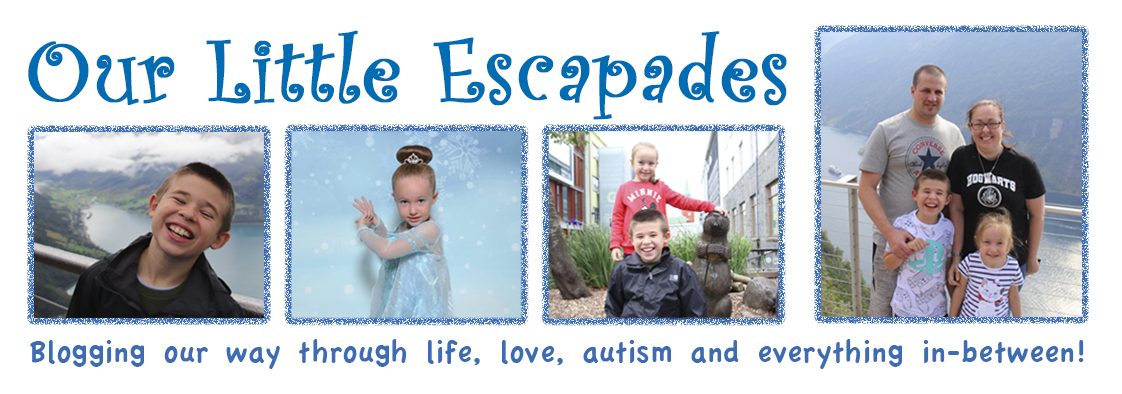Family dynamics can be complex and challenging, with conflicts arising from various sources such as financial stress, differing values, or simple misunderstandings. Effective communication and conflict resolution strategies are essential in maintaining healthy family relationships and fostering a supportive environment.

Understanding the Root of Conflicts
Conflicts within families often stem from deeper issues that may not be immediately apparent. These could include long-standing grievances, unmet expectations, or perceived inequalities. Recognizing the root causes of conflicts is the first step towards addressing them constructively. For instance, financial stress can exacerbate tensions, leading to arguments about spending habits or financial priorities. Similarly, differences in parenting styles or career aspirations can create friction between family members.
The Importance of Open Communication
Open and honest communication is the cornerstone of resolving family conflicts. It involves expressing feelings and concerns without fear of judgment or retribution. Families should create a safe space where each member feels heard and valued. Active listening is a critical component of effective communication, requiring individuals to fully engage with what the other person is saying without interrupting or forming a rebuttal in their minds.
Techniques for Effective Communication
- Active Listening: This involves paying full attention to the speaker, acknowledging their feelings, and responding thoughtfully. It helps in understanding the other person’s perspective and demonstrates empathy.
- I-Statements: Using “I” statements instead of “you” statements can reduce defensiveness and blame. For example, saying “I feel upset when…” instead of “You always…” focuses on personal feelings rather than accusing the other person.
- Nonverbal Communication: Body language, facial expressions, and tone of voice play a significant role in communication. Maintaining eye contact, nodding in agreement, and using a calm tone can help convey understanding and support.
Conflict Resolution Strategies
Effective conflict resolution requires a willingness to address the issue collaboratively. Here are some strategies that can help:
- Identify the Problem: Clearly define the issue at hand. This involves acknowledging each person’s perspective and agreeing on the nature of the conflict.
- Generate Solutions: Brainstorm possible solutions together. Encourage each family member to suggest ways to resolve the issue and consider the pros and cons of each option.
- Agree on a Solution: Choose a solution that is acceptable to everyone involved. This may require compromise and flexibility from all parties.
- Implement and Follow Up: Put the agreed-upon solution into practice and monitor its effectiveness. Regular check-ins can help ensure that the solution is working and provide an opportunity to make adjustments if necessary.
Seeking Professional Help
In some cases, conflicts may be too complex or deep-rooted to resolve without external help. Family therapy can provide a structured environment for addressing issues and improving communication. A professional therapist can offer guidance and support, helping families navigate difficult conversations and work towards resolution.
When legal matters are involved, such as divorce or custody disputes, consulting Manchester family lawyers can provide clarity and ensure that the rights and interests of all parties are protected. Legal professionals can offer valuable advice and representation, helping families navigate the complexities of family law.
The Role of Family Activities
Engaging in family activities can also help strengthen bonds and reduce conflicts. Shared experiences, such as vacations, game nights, or outdoor adventures, create opportunities for positive interactions and build a sense of unity. Resources like Our Little Escapades offer great ideas for family-friendly activities and destinations that can bring families closer together.
Conclusion
Family conflicts are inevitable, but they don’t have to lead to lasting rifts. By fostering open communication, employing effective conflict resolution strategies, and seeking professional help when necessary, families can navigate their differences and build stronger, more resilient relationships. Remember, the goal is not to eliminate conflicts entirely but to manage them in a way that promotes understanding, respect, and harmony within the family unit.
DISCLOSURE – This is a collaborative post.




